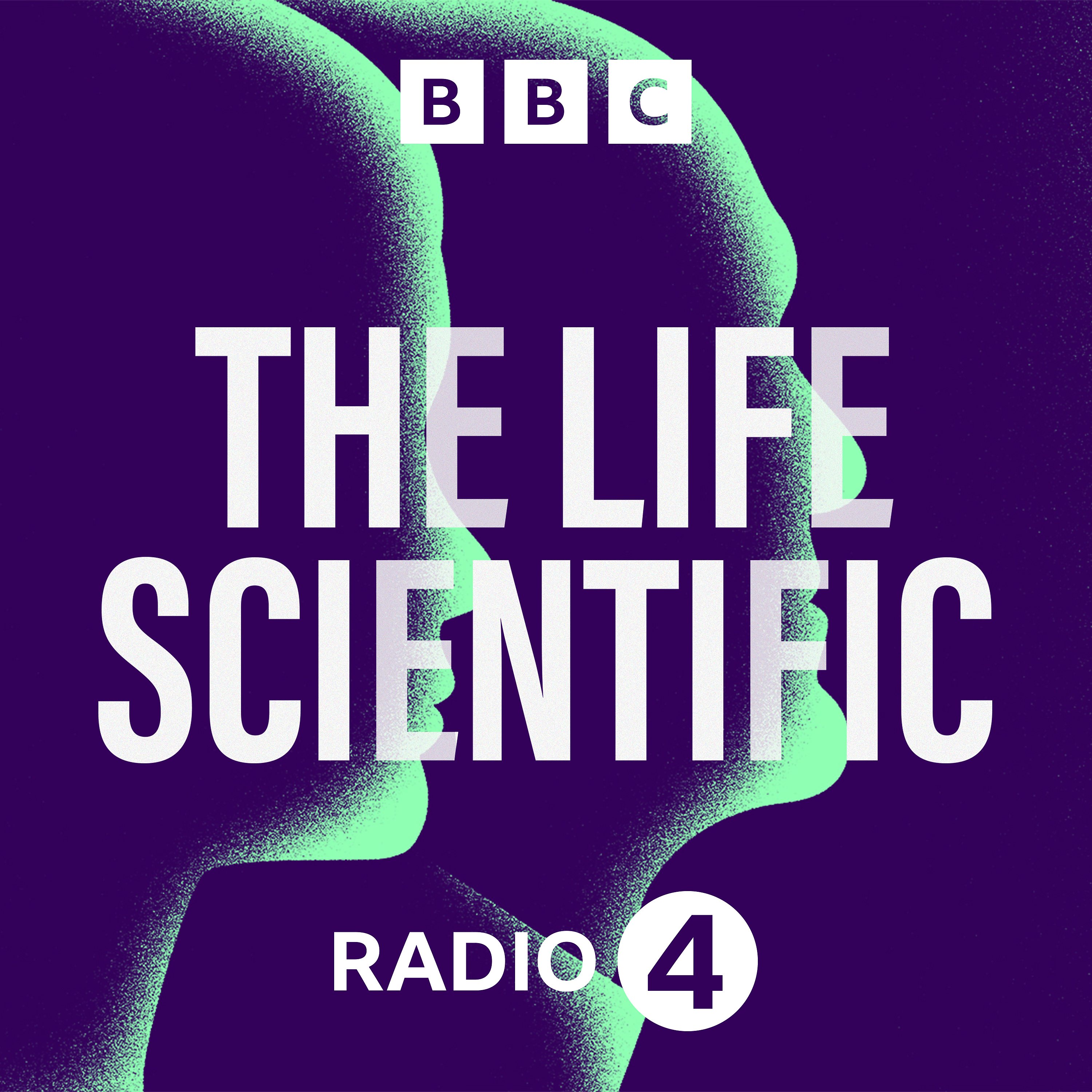Rosalie David on the science of Egyptian mummies
Description
Rosalie David is a pioneer in the study of ancient Egypt. In the early 1970s, she launched a unique project to study Egyptian mummified bodies using the techniques of modern medicine. Back then, the vast majority of Egyptologists regarded mummies as unimportant sources of information about life in ancient Egypt. Instead they focussed on interpreting hieroglyphic inscriptions, the written record in papyrus documents and archaeological remains and artefacts. Rosalie David proved that the traditionalists were quite wrong.
Professor David’s mummy research started at the Manchester Museum when she began to collaborate with radiologists at the nearby Manchester Royal Infirmary, taking the museum’s mummies for x-rays at the hospital. Her multi-disciplinary team later moved to a dedicated institute at the University of Manchester, the KNH Centre for Biomedical Egyptology. Over the decades, the team there has made remarkable discoveries about disease and medicine in ancient Egyptian society, providing a new perspective on the history of medicine and giving extraordinary insights into the lives of individuals all those years ago.
Rosalie tells Jim Al-Khalili about her journey from classics and ancient history to biomedicine, including some of her adventures in Egypt in the 1960s. She talks about some of her most significant research projects, and the 21st Century forensic detective work on the mummy of a young woman which revealed a gruesome murder 3,000 years ago...
Presented by Jim Al-Khalili
Produced by Andrew Luck-Baker
More Episodes
As the famous frog once said, it's not easy being green. And when it comes to decarbonising industry, indeed, reducing emissions of all sorts, the task is a complex one.
Fossil fuels are used to manufacture some of mankind’s most ubiquitous products, from plastics to cement to steel; and even...
Published 09/24/24
Published 09/24/24
In the summer of 2003, Europe experienced its most intense heatwave on record - one that saw more than 70,000 people lose their lives.
Experiencing the effects whilst on holiday in Tuscany, climate scientist Peter Stott was struck by the idea that just maybe, he could use a modelling system...
Published 09/10/24


